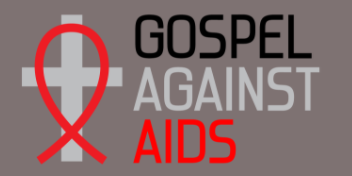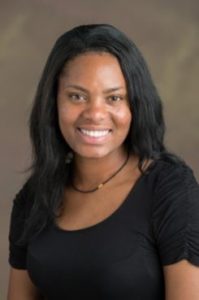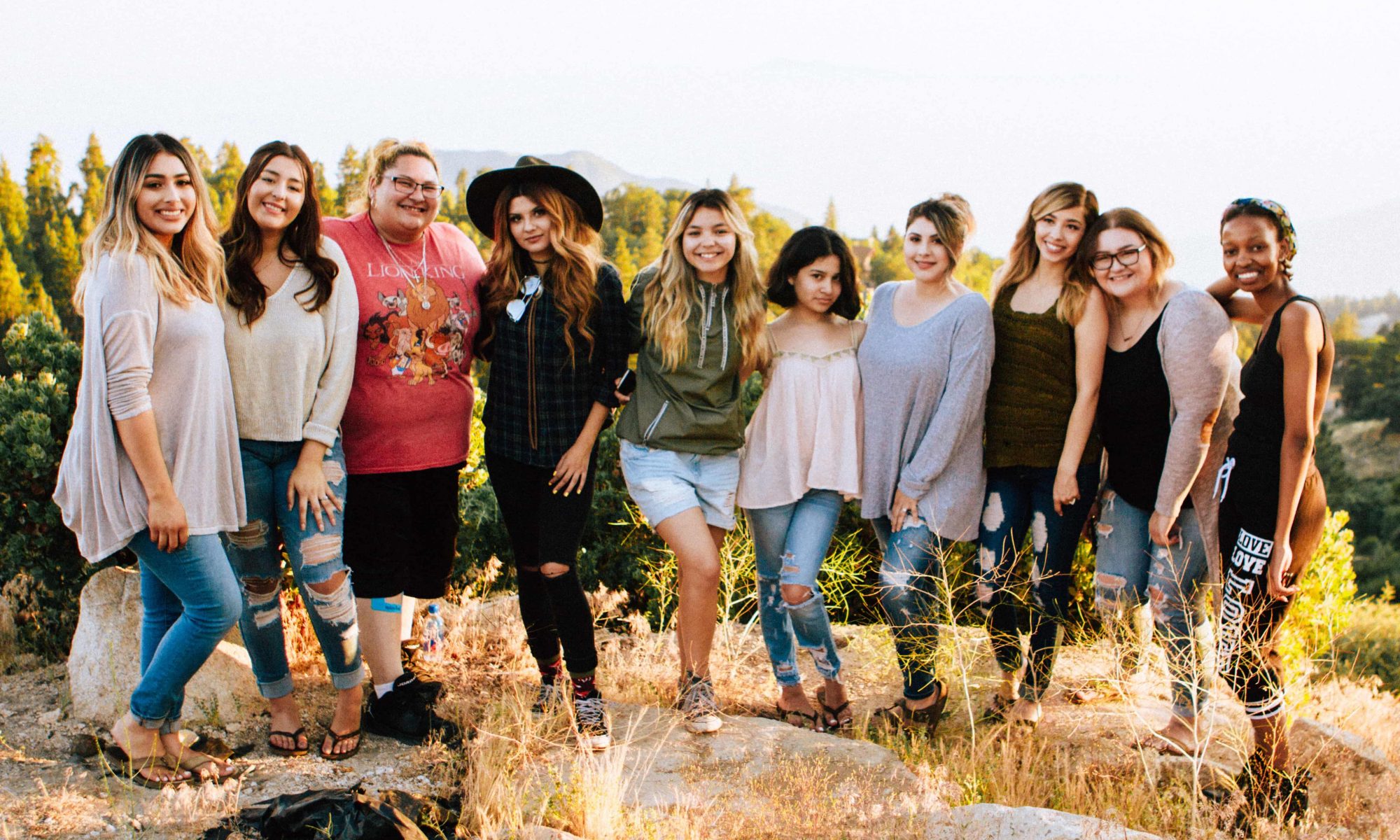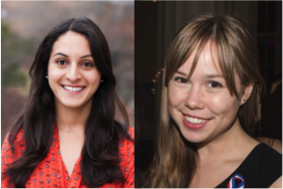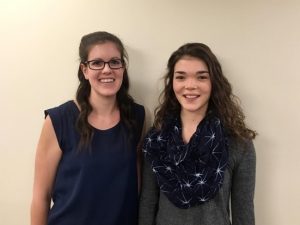Rachel Ross
BSE ’17, Biomedical Engineering

BLUElab’s purpose is to co-design sustainable technology in Gujarat, India to improve quality of life. We work with our partner community in Dolatpura to understand problems community members face daily. Our team brings together a diverse group of students: engineers, scientists, artists, and business leaders. Furthermore, we collaborate with faculty along with external experts on the topic of human-centered design. Lastly, we collaborate with the SETCO Foundation in India to better understand Indian culture and the community we work with. Our current project is expanding our low-smoke stove into two communities. There are very distinct qualities to our stove design and implementation plan. Our stove design maintains the mud stove base women are already accustomed to resulting in high acceptance of our stove. Likewise, our stove cost is extremely low compared to alternatives. Our design features a ceramic pipe that diverts smoke away from the user, ensuring more complete fuel combustion that results in safer, colorless smoke. Through reducing volatile organic compound emissions by 50%, our stove prevents respiratory health problems while reducing symptoms of existing conditions. Furthermore, our implementation plan empowers women. Our plan relies on our first woman stove builder training women of other communities about the stove’s technical aspects. Next, the trained women will be able to bring the design into their communities. Through stove building, women will be entrepreneurs and gain some income independence and power within their households. For more information, please visit: https://bluelabindia.wordpress.com/.
Library Mentor: Preet Rana








